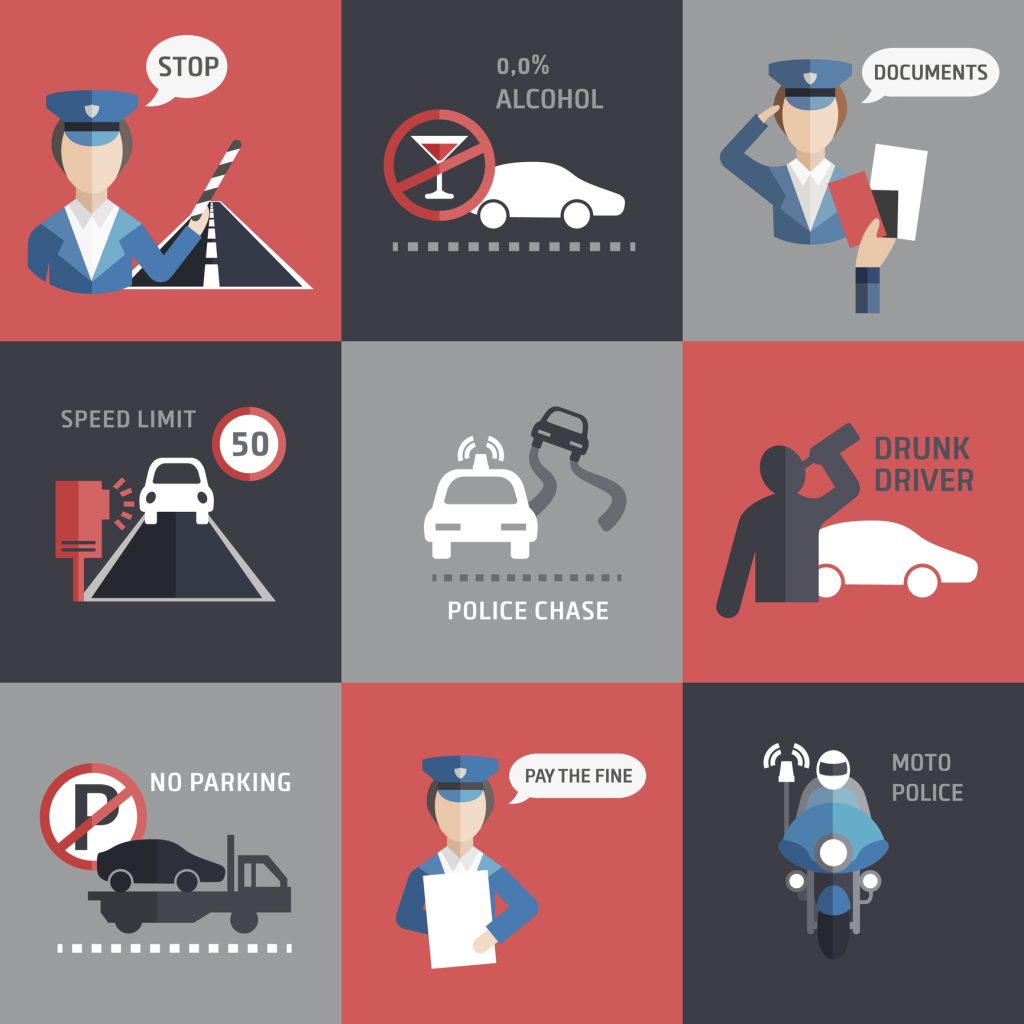Author: Dr Burcu TEKEŞ, THINK Research Associate, Aberystwyth University
The human factor, which has become an increasingly important concept worldwide, is a critical point to be considered not only in traffic but also in many other fields of work where safety is concerned, such as health, aviation, manufacturing or engineering. Human factor is an interdisciplinary field of study that aims to improve human performance in a technological system by considering characteristics such as effectiveness, efficiency, comfort, well-being, and safety.

When it comes to the relationship between the human factor and safety, there is a saying that should be underlined: “Where there are people, there will be errors.” In other words, it is not possible to completely eliminate human error even in a system that is partially dependent on people.
When we analyse various accidents, we see that many events that have caused great destruction are in fact directly related to human error. In 1986, during the operation of the Chernobyl nuclear power plant, the failure to comply with the safety instructions prepared in advance is still cited as one of the biggest causes of the disaster. In 2008, the Metrolink train accident in California, USA, occurred because the conductor, who was texting at the time, ran a red light and hit an oncoming freight train.
This approach also applies to the human factor in traffic. Especially with the development of technology, many in-vehicle equipment has been developed to make driving both easier and safer. Safer and smarter roads have been built to improve the environment for driving, and specially developed traffic rules and regulations have been introduced. These engineering marvels certainly have a positive effect on road safety. However, vehicles and environment are only two of the three pillars of road safety. The human factor is still by far the biggest cause of traffic accidents worldwide. Considering the role of humans in the traffic system, psychologists have a role to understand, explain and positively transform risky human behaviour (Tekes, 2021).

Why do we take actions in traffic that we know are risky?
Psychologists working on risk-taking tendencies have proved through many different studies that risk-taking varies according to personality traits, demographic characteristics and many other psychological characteristics (e.g. Duell, 2018; Zuckerman & Kuhlman, 2000). In addition to all these, when the risks taken by people in traffic are analysed, psychologists underline an important distinction between driver behaviors and driving skills.
Whether what you prefer to do or what you can do makes you a better driver is an important question. Experts in traffic psychology say that these two concepts are psychologically different. Driving skills show what a person can do and how they can do it, in other words, the abilities they have. Driver behaviour, on the other hand, refers to what a person does and how they do it, or, their habits. This is where psychologists intervene in the ‘safe driving’ issue. According to psychologist James Reason and colleagues (1990), errors and violations are based on different psychological backgrounds. While an error is simply the failure of a behaviour to reach its intended end, a violation, unlike an error, indicates intentional behaviour. In other words, in order to classify a behaviour as an error or a violation, the intention of the behaviour needs to be looked at. As a result of the underlying different psychological backgrounds, different paths are needed to be taken to develop workable solutions. For example, considering professional drivers, the high mileage, and high exposure to different road conditions lead them to be very experienced drivers, and driver skills can be linked to the experience (Lajunen & Summala, 1995). However, this does not mean that all professional drivers are also safe drivers (i.e. Nordfjærn, Jørgensen, & Rundmo, 2012). A driver may have developed excellent manoeuvering capabilities over the years, but this does not mean that he or she will not drive above the speed limit or in a riskier manner. In fact, studies show that the better a person sees himself/herself as a good driver in traffic, the more he/she violates the rules (McKenna et al., 1991). This leads them to think of themselves as “skilful enough to take risks” and create even more risks for themselves and others in traffic.

As mentioned earlier, by its nature it is impossible to completely eliminate human error. Nevertheless, this does not imply that nothing can or should be done on this cause. Instead of looking for a few black sheep to blame in accident scenarios, it is crucial to understand human error and what influences it in order to prevent future accidents. Also, it is vital to examine the effects of today’s changing conditions and the development of technology on human error. For this reason, the studies to be carried out by different disciplines that examine not only human but also human and machine interaction became significant in terms of safety.
In the spirit of academic peer review, THINK welcome referenced response blogs to encourage open discussion. If you would like to write a response blog please email think@aber.ac.uk with the subject line 'Blog Response'
References
Duell, N., Steinberg, L., Icenogle, G., Chein, J., Chaudhary, N., Di Giunta, L., … & Chang, L. (2018). Age patterns in risk taking across the world. Journal of youth and adolescence, 47, 1052-1072.
McKenna, F. P., Stanier, R. A., & Lewis, C. (1991). Factors underlying illusory self-assessment of driving skill in males and females. Accident Analysis & Prevention, 23(1), 45-52.
Nordfjærn, T., Jørgensen, S. H., & Rundmo, T. (2012). Safety attitudes, behaviour, anxiety and perceived control among professional and non-professional drivers. Journal of Risk Research, 15(8), 875-896.
Reason, J., Manstead, A., Stradling, S., Baxter, J., & Campbell, K. (1990). Errors and violations on the roads: a real distinction?. Ergonomics, 33(10-11), 1315-1332.
Tekes, B. (2021). Traffic Psychology. Turkish Psychologists Association Publications.
Zuckerman, M., & Kuhlman, D. M. (2000). Personality and risk‐taking: common bisocial factors. Journal of personality, 68(6), 999-1029.